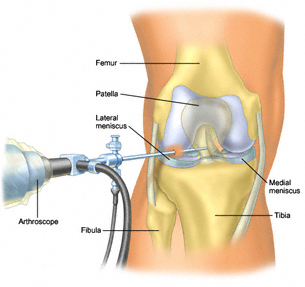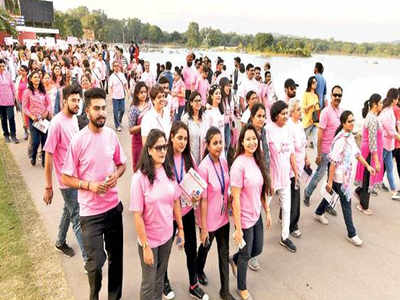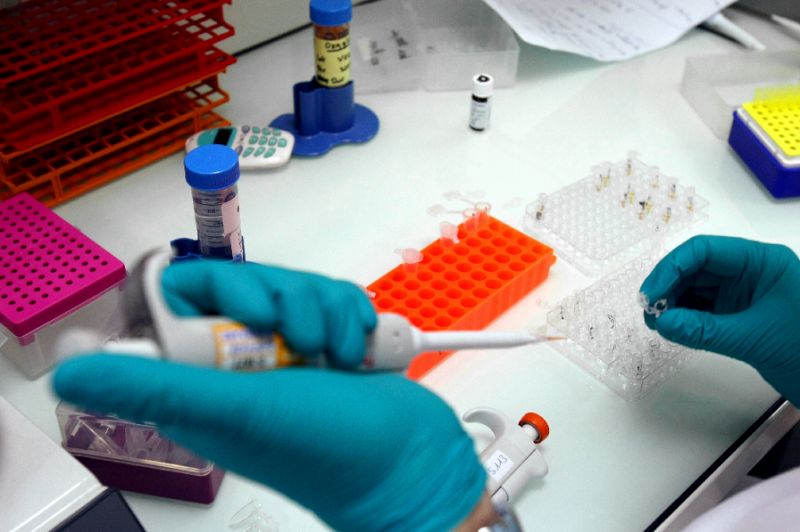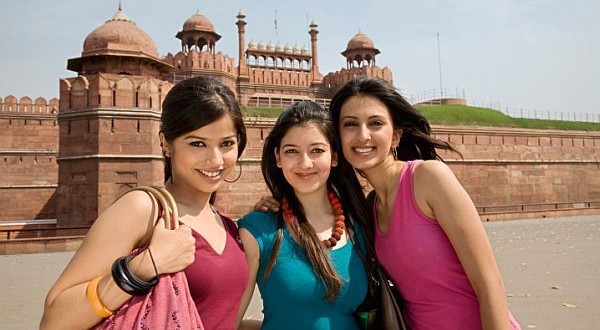New Delhi |Ekta Purohit
All India Institute of Medical Sciences performed around 1000-1200 surgeries of knee replacement in a year as said by Dr. Rajesh Malhotra, Prof.Orthopaedics Department, AIIMS.
Patients come for surgeries in AIIMS are not only from India but, the number of patients is from abroad mostly from African countries increasing over the years for the knee replacement.
While talking on the knee problems increasing in India he said, Osteoarthritis, rheumatoid arthritis and damage to the knee in accidents are some of the main causes for knee replacement. Earlier this disease has been noticed in the age of 60-65 but, now it can seen in the age 0f 45-55.Knee replacement as a treatment suggested to the patients.
“Computer-assisted surgeries are not only more accurate but also safer, says Dr. Rajesh Malhotra Prof. Orthopaedics Department at AIIMS.
Additional benefits include shorter hospital stays, less blood loss and a reduced risk of post-surgery complications.
Now this computer navigation surgery is become more convenient by ‘Orthoalign’ device , which look like i-pod said Dr. Malhotra.

“Knee replacement is a life-changing procedure for those suffering from arthritis. With the new implant technology, the durability is no more an issue,” “Joint replacement effectively aims at relieving pain.
A partial knee replacement is surgery to replace only one part of a damaged knee. It can replace either the inside (medial) part, the outside (lateral) part, or the kneecap part of the knee.
The main symptoms are pain in knees, problem in movement and morning stiffness that typically lasts less than 30 minutes (as opposed to stiffness lasting longer than 45 minutes, a sign of an inflammatory condition called rheumatoid arthritis).
Special X-ray and investigating the movement of knee are tests to detect the disease.
“Partial knee replacements are also possible in younger patients because a part of the knee, which is less damaged, can be retained in them.
By having a functioning knee again, the patients may also reduce the risk of several diseases whose onset is accelerated by the lack of physical activity like hypertension, diabetes and cardiovascular diseases.
There is no such risk, but the surgery should only be done when it is genuinely required as told by Dr.Malhotra.
If the person can walk easily or is in early stage of osteoarthritis, then surgery is not required.
The average cost of surgery on both knees in a government hospitals is around 85,000 to 1 lac.while in private hospitals is Rs 4 lacs.
*Knees can be remaining fit by taking care of muscles, bones and lungs.
*Movement in legs requires after every 15-20 minutes.
*Climbing of stairs not more than for an hour in a day










